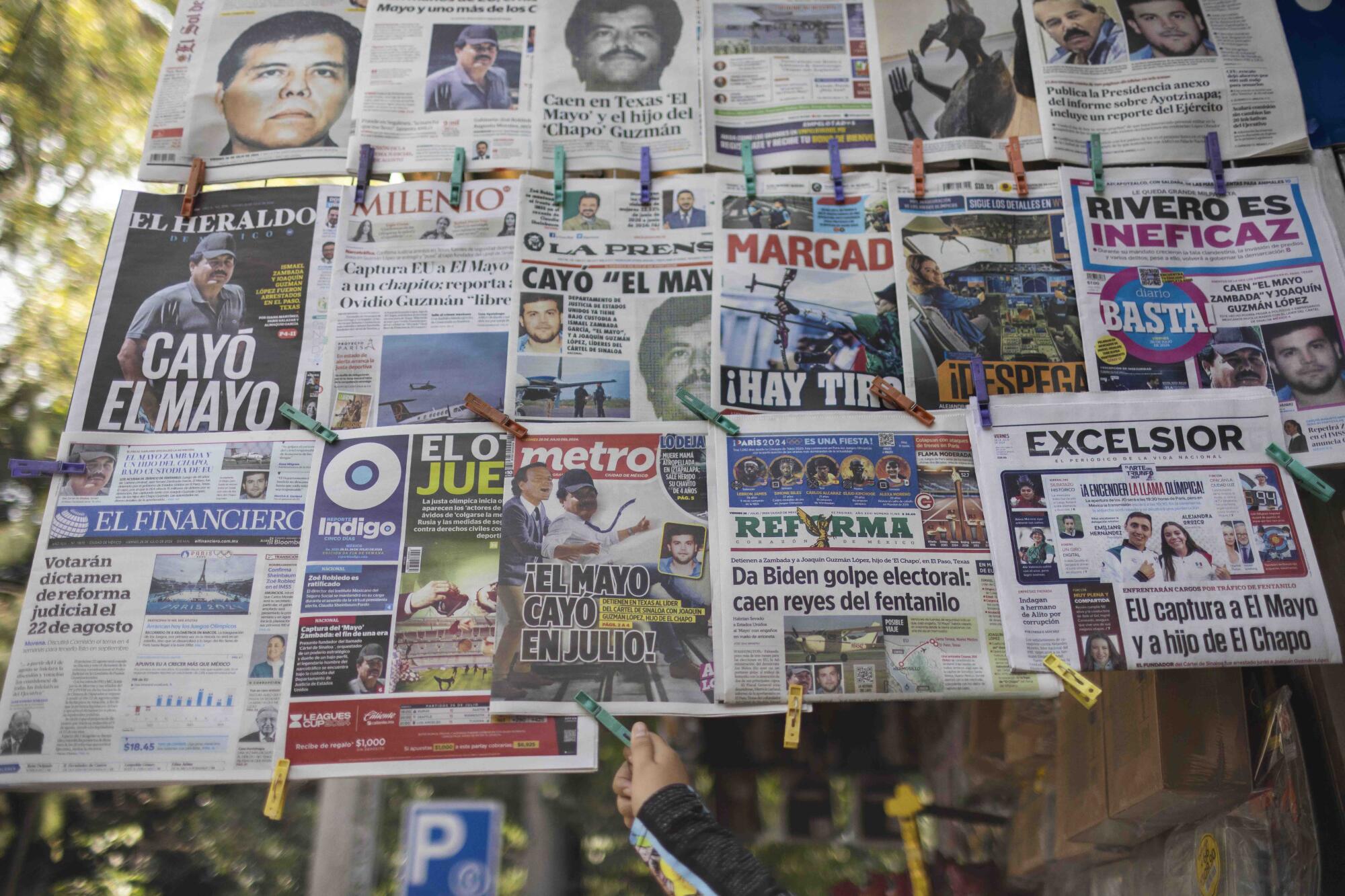
As a guy who grew up in Chicago in the 1990s, Margarito “Jay” Flores said he’ll never forget the time he got to shake Michael Jordan’s hand.
The only celebrity encounter that trumped his meeting with the NBA legend, he said, came while he was one of the most prolific drug traffickers operating in the United States for Mexico’s Sinaloa cartel.
The notorious Joaquín “El Chapo” Guzmán was already becoming a household name as leader of Mexico’s most powerful cartel, responsible for shipping billions of dollars in cocaine, heroin, meth and other drugs around the globe.
But it was El Chapo’s longtime partner, Ismael “El Mayo” Zambada, whom Flores and his twin brother, Pedro, revered.
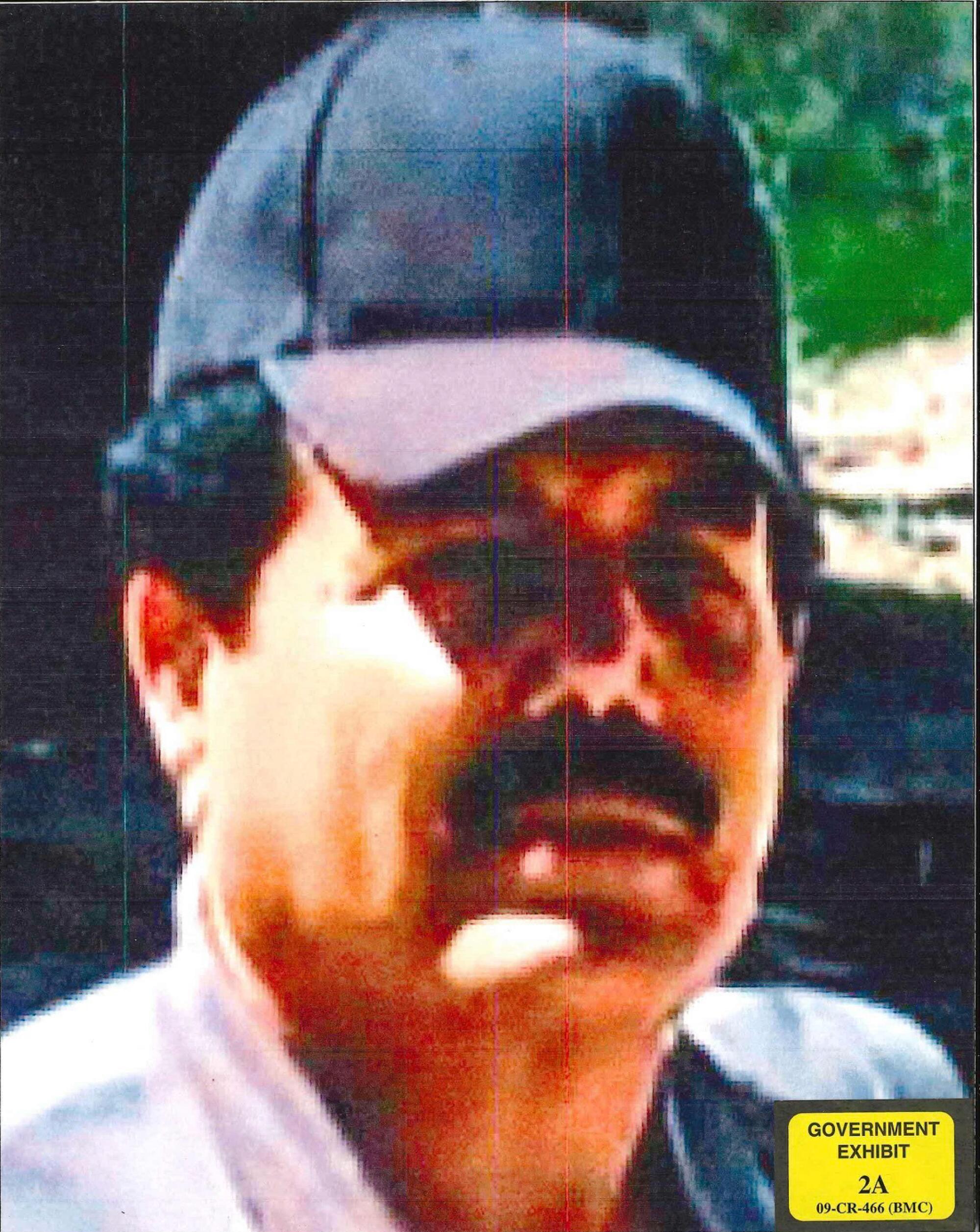
“It was a big deal to me,” Flores, 43, said in a recent phone conversation, recalling his first in-person meeting with Zambada in May 2005. “Chapo will always be Chapo, but there is someone who is a little bit bigger.”
North of the border, Zambada, 76, remains a relative unknown, but in Mexico and the world of organized crime, the Sinaloan kingpin has achieved an almost mythic status. He has reigned in the shadows as cartel godfather since the 1980s, outlasting multiple presidents, surviving countless assassination attempts and routinely slipping through the fingers of would-be captors. Long after El Chapo was arrested, convicted in the U.S. and locked away on a life sentence, El Mayo remained free and ruled as top boss.
So when Flores heard that Zambada had been captured last week — allegedly kidnapped by one of El Chapo’s sons in Mexico, thrown on a private plane, and delivered to U.S. federal agents waiting at a small airport near El Paso — the Sinaloa cartel’s former wholesale distributor was stunned.
“It was unbelievable to me,” said Flores, who lives in an undisclosed location on the East Coast, where he’s attempting to make a new life for himself. In 2008, he and his brother surrendered to U.S. authorities and cooperated in efforts to bring down El Chapo and other cartel leaders.
Ismael “El Mayo” Zambada’s lawyer denies that his client was merely tricked into boarding an aircraft to the U.S., saying the captured drug kingpin was “forcibly kidnapped.”
As the news of Zambada’s arrest reverberated across the internet in recent days, many observers shared Flores’ initial reaction of bafflement and skepticism. Early reports said Zambada was tricked onto the plane — not forced, as his lawyer claims. Some uncorroborated accounts have said he secretly negotiated his surrender and offered the kidnapping story as an elaborate ruse.
But sources familiar with the case and the process of surrender for high-ranking cartel members told The Times that there is growing evidence to suggest Zambada was hauled against his will from Mexico to El Paso in an effort by El Chapo’s son Joaquín Guzmán López to curry favor with U.S. authorities.
Wanted on suspicion of trafficking fentanyl and other drugs for the cartel, Guzmán López was arrested alongside Zambada.
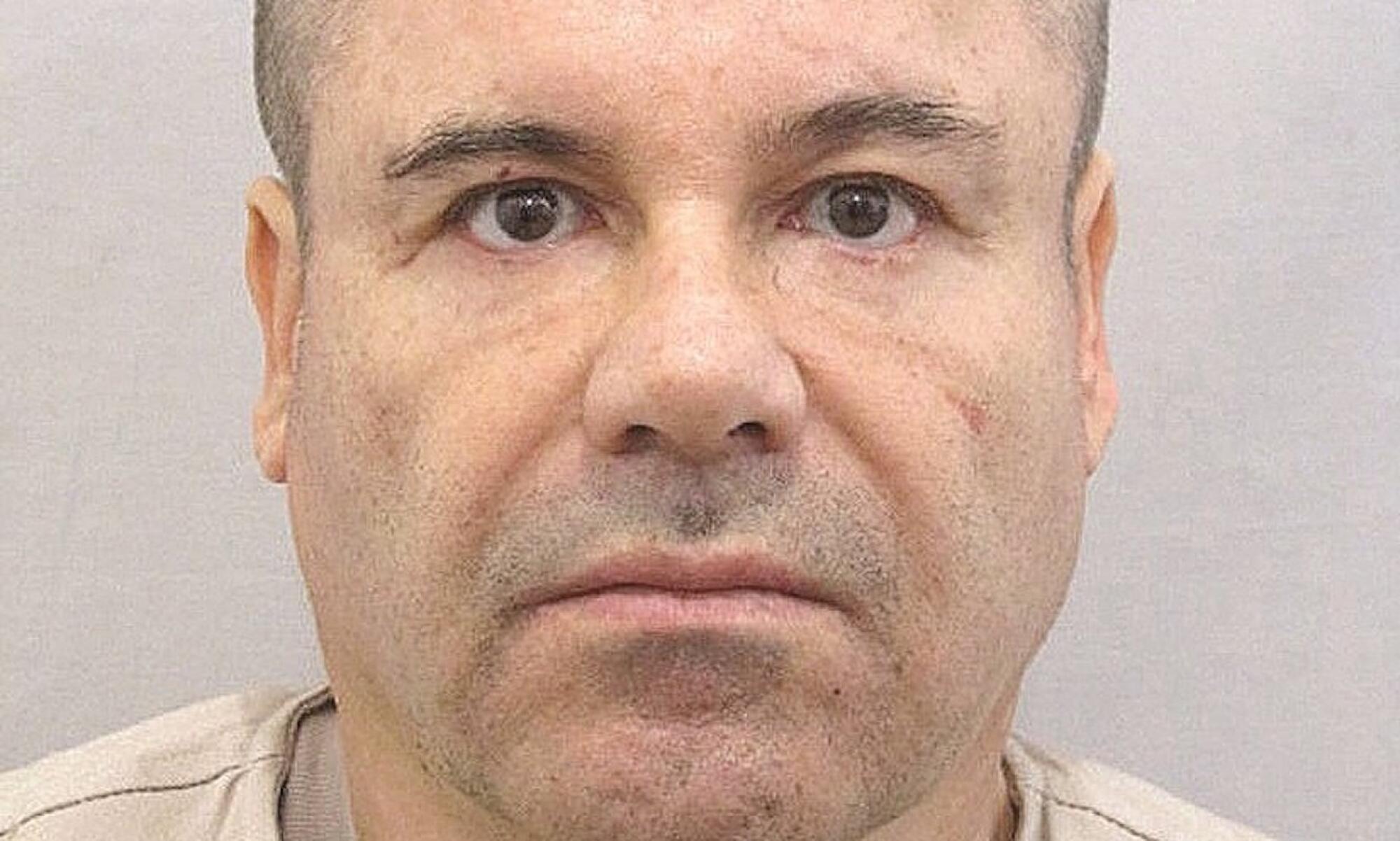
In addition to Flores — one of only a few people known to have met El Mayo in person and speak freely about it — The Times spoke with one other individual who had face-to-face meetings with Zambada; reviewed hundreds of pages of court records detailing what was known about his security procedures and corruption network; and spoke to law enforcement sources and legal experts who said the events of the past week were likely the result of at least some coordination between El Chapo’s sons and U.S. officials.
The accounts add plausibility to claims by Zambada’s attorney that his client found himself outgunned when ambushed at a meeting by Guzmán López. They also offer a rare window into Zambada’s life in Mexico in the years leading up to his capture, revealing some of the methods that allowed him to remain free for decades.
Zambada’s lawyer, Frank Perez, told The Times that his client had brought only a few men along to the meeting, as was often his custom. But Perez said men in military uniforms handcuffed Zambada, put a bag over his head and threw him into the back of a truck bound for the nearest airstrip.
“He lived by a different code,” Perez said. “He was old school. His word was gold, and he thought everybody would live by that same standard.”
Zambada has pleaded not guilty to an array of federal charges in El Paso.
The Justice Department declined to comment when asked about the cases of Zambada and Guzmán López and the circumstances of their arrests.
Guzmán López, 38, made his first court appearance Tuesday in Chicago, where he pleaded not guilty to charges that he was a co-leader of a cartel faction known as Los Chapitos, an alliance among four of El Chapo’s adult sons.
Guzmán López’s brother Ovidio, extradited last year, is also charged in Chicago and has pleaded not guilty. Federal prison records show that Ovidio was “released” on July 23, two days before his brother was arrested with Zambada. But a Justice Department spokesperson said Ovidio remains in custody, offering no further details. The brothers share the same lawyer, Jeff Lichtman, who also represented their father during his trial. Lichtman did not respond to requests for comment.
“We’ve got no agreement with the government,” Lichtman said Tuesday, according to news reports. “There has never been an agreement with the government with Joaquín Guzmán López. There is no agreement. Period. That’s it.”
Despite more than four decades on the run as one of the world’s most wanted fugitives, Mexican drug kingpin Ismael “El Mayo” Zambada had never spent a single night in jail -- until now.
The apparent surrender of El Chapo’s son has also sparked some confusion, but Flores and others versed in how cartel members have cut past deals with U.S. authorities say it appears to have been a ruthless masterstroke, almost certainly buying enough goodwill for the brothers to avoid their father’s fate of life in a maximum-security prison.
“I feel like it was a great plan by them,” Flores said of El Chapo’s sons. “They had a well-thought-out plan. What they were willing to do for their freedom — I’ve been there.”
::
In the 2000s in Chicago, there were no drug traffickers bigger than the Flores twins. Brought into the business at a young age by their father, they established a direct pipeline from Sinaloa, specializing in the importation of cocaine and heroin.
At El Chapo’s trial in December 2018, Pedro Flores testified that from 2005 to 2008, the brothers moved nearly 60 tons of cocaine for the cartel, worth roughly $800 million. They used freight trains to ship product across the country, including to New York, where Pedro said they rented stash houses in “the best neighborhoods,” including one that “had a beautiful view of the Brooklyn Bridge,” because police never bothered to look there.
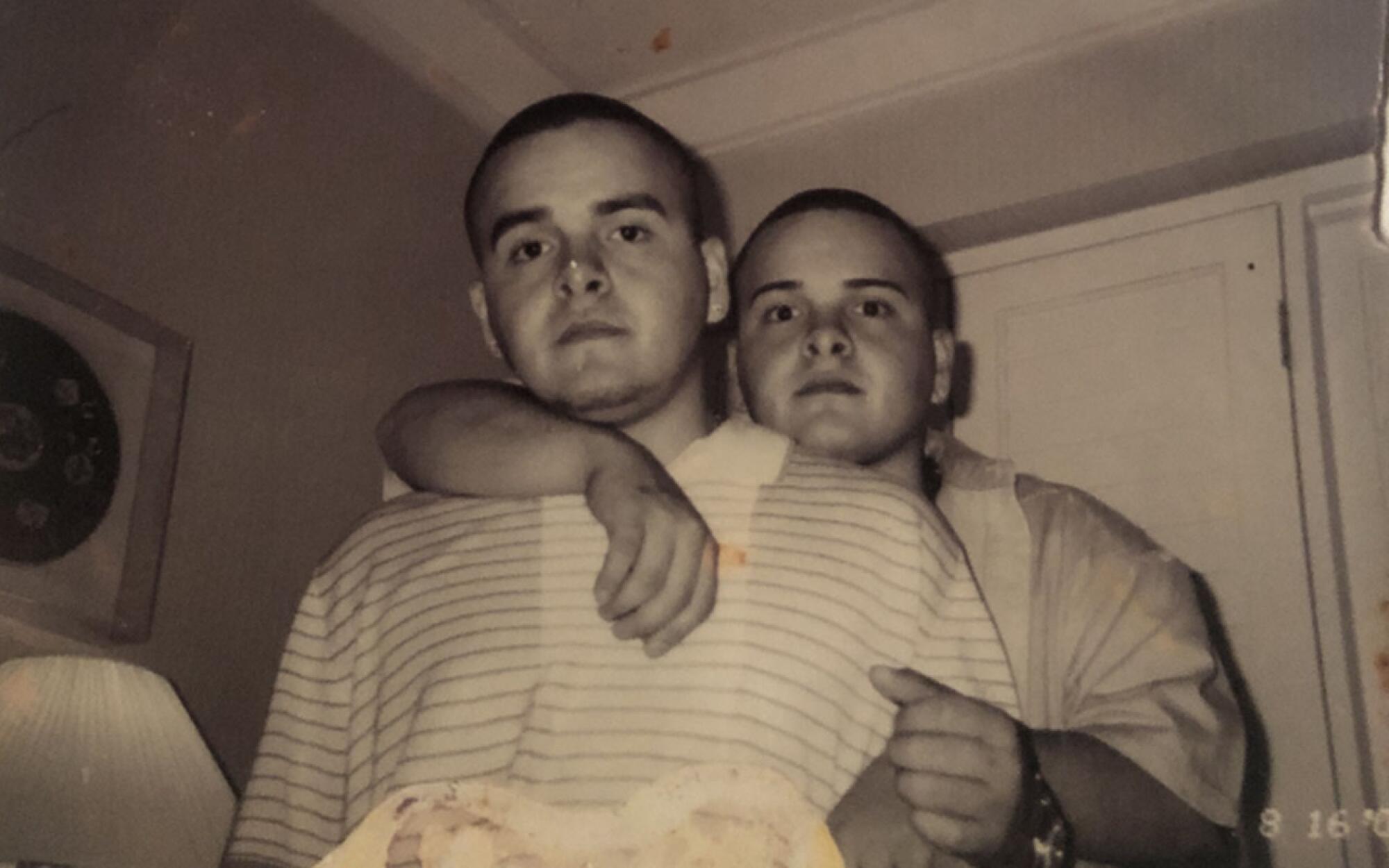
As the twins raked in cash and ran into business problems, they were summoned to meet with El Mayo on several occasions, Jay Flores told The Times. Sometimes the rendezvous was in Sinaloa’s capital, Culiacán, other times at properties on the outskirts of town or deep in a rugged mountain region known as the Golden Triangle, near the borders with Durango and Chihuahua.
Flores, who now works as a police consultant offering training about cartel practices, described one hideout in Culiacán. From the street, it looked like a small, modest home, but behind the facade was a sprawling warehouse that seemed to cover an entire block.
On another occasion, he said, they were at a ranch in the mountains, which was Zambada’s preferred haunt.
“Cattle was his thing,” Flores said, recalling how Zambada boasted of paying half a million dollars or more for prized bulls. “He’s a farmer. Just a simple man.”
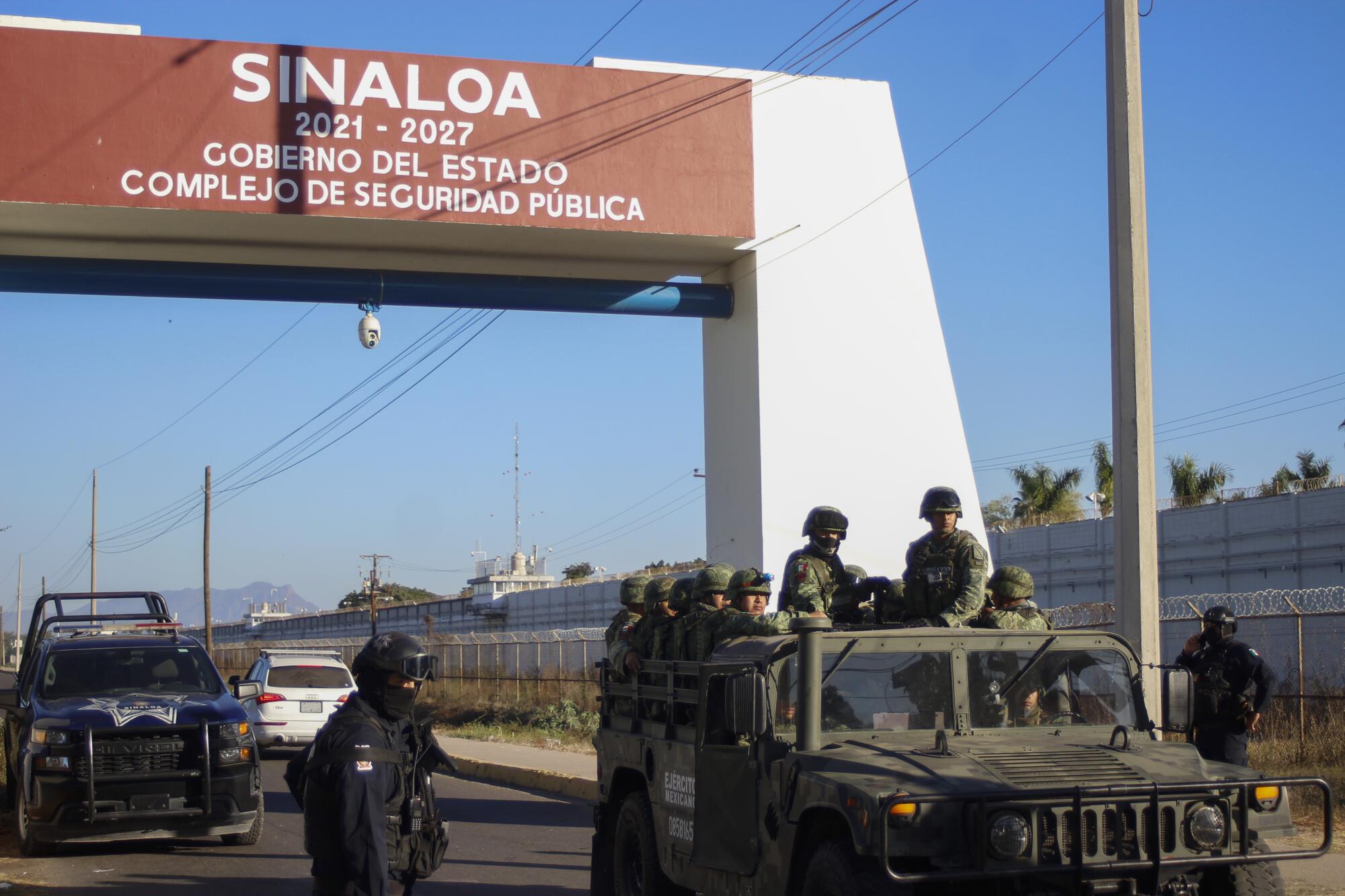
While other drug lords flaunted their wealth, Zambada was known for his relative modesty and willingness to fraternize with his troops, frequently cracking up over dirty jokes, Flores said. When it was lunchtime in the mountains, Flores said, Zambada took his meal alongside everyone else.
“He had an army, like 120 of us there and maybe 80 sicarios [gunmen],” Flores recalled. “He would throw himself on the ground by the tree and say ‘Let’s eat.’ We’d sit there eating bean tacos with cheese and salsa.”
Soldiers and civilians have been killed in separate incidents in recent months involving ‘narco mines’ planted in western Mexico.
Another source who met Zambada in person for business described a similar experience being called to one of the cartel leader’s ranches outside Culiacán. The source requested anonymity because they were not authorized to speak publicly and feared retaliation.
“You turn into a dirt road and drive past the cattle farms, then you get to this canopy of beautiful trees, and underneath is like a normal house — a bedroom, bath, kitchen, huge veranda,” the source said. “All the cars that pull in go under the veranda, so if something flies by a drone or plane, nothing is seen.”
The person recalled seeing gunmen armed with AK-47s, and being served freshly grilled meat, with black coffee and biscotti for dessert.
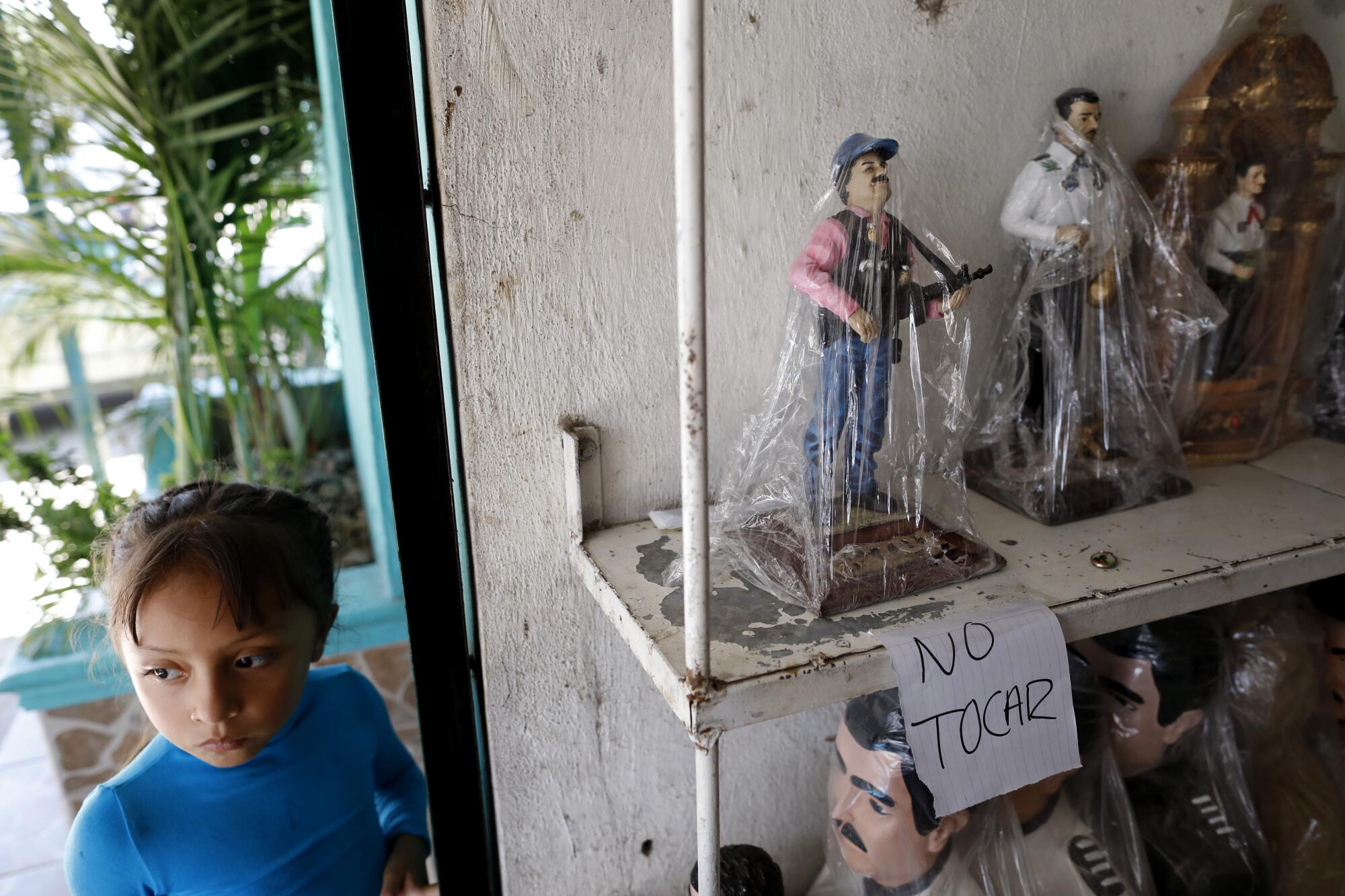
Both that source and Flores recounted conversations in which the aging cartel leader vowed to never be taken alive.
Zambada had rejected pleas to surrender and cut a deal, according to the business associate. The person recalled how Zambada once gestured to a pistol on his waistband during a conversation about what he would do if facing imminent capture.
“I said, ‘You’re going to get caught one of these days,’” the associate said. “He said, ‘Well, that’s what this [the gun] is for.’”
Flores said El Mayo himself recounted one close call in which soldiers nearly had him cornered.
“He thought that was it,” Flores said. “He said: ‘I grabbed a grenade, and I was ready to basically take the pin out. A couple more seconds it would’ve happened. By the grace of God they went another way.’”
::
Although Zambada had many gunmen under his command, those who knew — or chased — him over the years said he was known for his unpredictability, sometimes traveling light or even alone in unassuming vehicles.
One law enforcement source, who requested anonymity to discuss the sensitive cases without clearance, said there were a few occasions in which Zambada was nearly apprehended but somehow managed to slip away.
“He is not flashy and was a master of low key,” the source said. “He is one of a kind. Big giant balls on that one. He was a worthy adversary.”
Flores said he once saw Zambada pull up on a street in Culiacán alone behind the wheel of a green Volkswagen bug with tinted windows. Another time, he said, they were in a convoy headed from Culiacán toward the Sinaloan coast when they were stopped by members of another cartel faction.
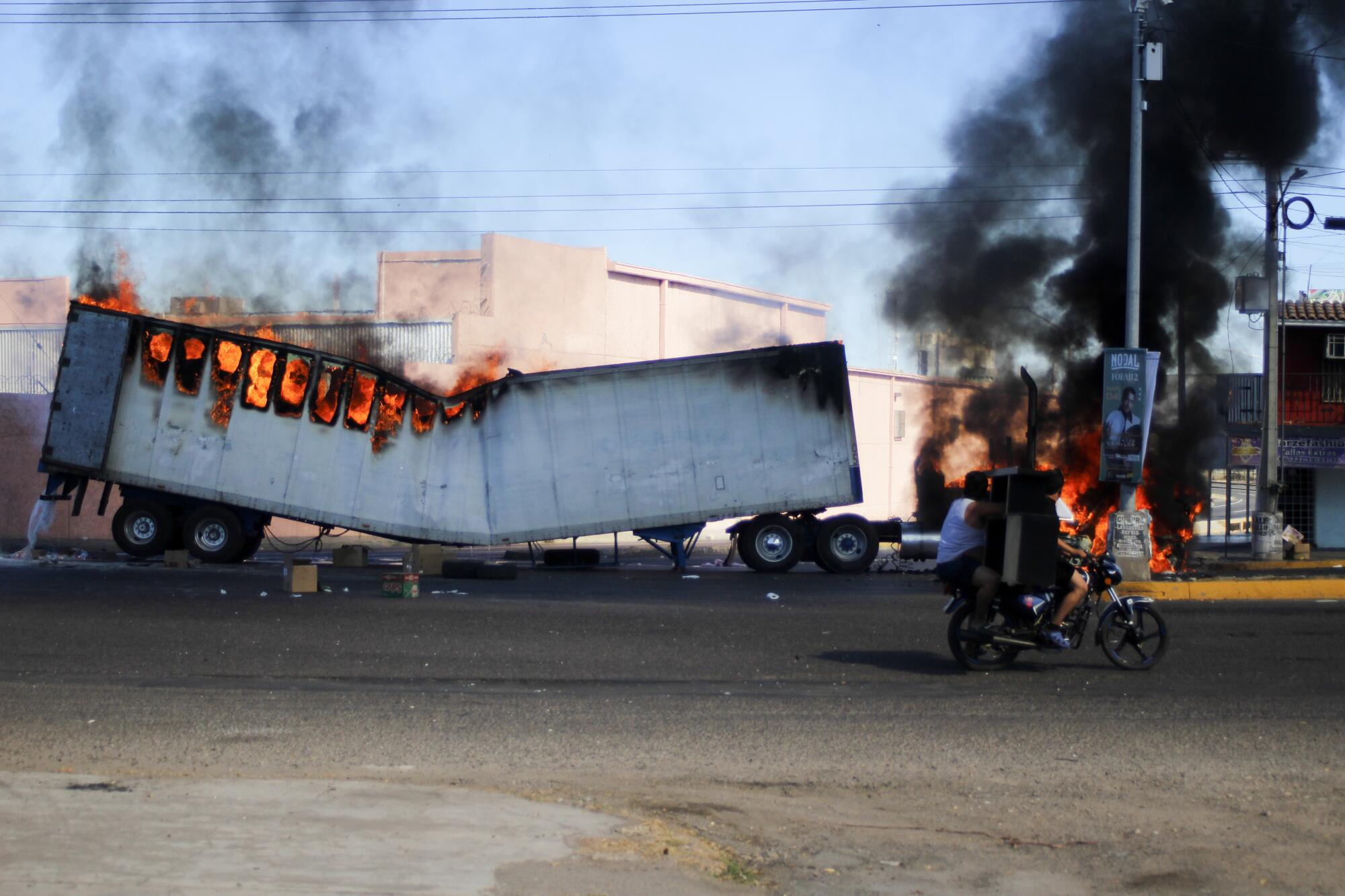
“He kept going in a little Nissan and took off,” Flores said. “That’s how he took care of himself. He didn’t trust no one to know where he was going or whatever the case.”
There were two sides to Zambada’s views of security, Flores said. On some occasions there would be many “punteros,” or lookouts, and gunmen spread out to form “several rings” of security perimeter around the boss. “Other times he’d travel alone in a little Nissan Sentra,” Flores said.
As for how El Chapo’s son may have gotten the drop on Zambada, the sources who spoke with The Times said there is an unwritten code among drug traffickers that kidnapping rivals can be fair game on the battlefield, but an ambush at a parlay — a meeting to discuss a sensitive deal or broker a truce, for instance — is off limits.

“The Chapitos played him,” the law enforcement source said. “Mayo was the last of a breed. He had a code. The kids are pit vipers.”
The upside for El Chapo’s son of delivering Zambada could be huge, according to attorneys and a former U.S. law enforcement official with experience in narco-cooperator cases.
“He’s a younger guy than his father and doesn’t want to spend his life in prison,” said Derek Maltz, a former director of the Drug Enforcement Administration’s special operations division. Although retired and not briefed on the case, Maltz said he had little doubt some sort of plot had been hatched.
“It’s just pretty obvious based on my experience,” Maltz said, adding that Guzmán López “is trying to save his ass.”
Multiple sources said the agencies involved in the arrests of Zambada and Guzmán López were the FBI and Homeland Security Investigations, with little or no involvement from the DEA.
Employees in the DEA’s polygraph unit, which vets prospective agents, reported being pressured to pass candidates after they failed a lie detector test, report says.
The case of Zambada’s eldest son offers a lesson in the benefits Guzmán López could hope to receive from cooperation.
Vicente Zambada Niebla, 49, was for years his dad’s top deputy, in charge of coordinating multi-ton drug shipments and overseeing day-to-day cartel operations, according to trial testimony.
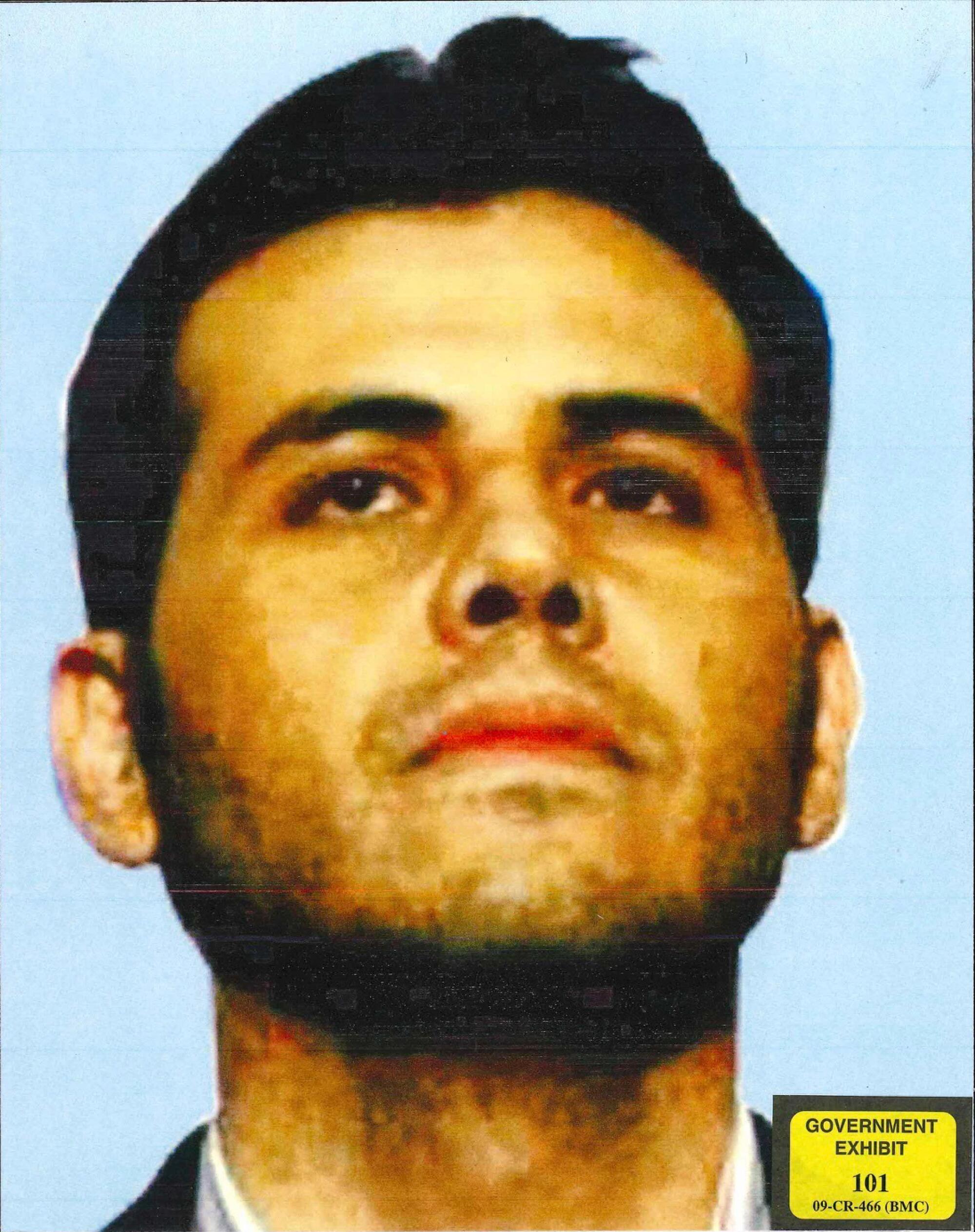
Seeking to “retire” from the life, Zambada Niebla said he met in March 2009 with DEA agents in Mexico City to try to broker a deal, only to be arrested hours later by Mexican special forces. After his extradition the following year, he initially fought his case and testified that he was held for nearly two grueling years in solitary confinement.
When he began spilling the Sinaloa cartel’s secrets, he received better treatment, more privileges and, in 2019, a sentence that allowed him to walk free and reunite with his family under witness protection.
The Flores twins, who worked closely with Zambada Niebla to coordinate drug shipments, also benefited from cooperation. Fearing they would be killed as the cartel began to splinter, they reached out to the DEA and began to secretly record conversations with El Chapo and other cartel members, eventually fleeing to the U.S. border with their families in 2008 and turning themselves in.
She’s ‘El Chapo’ Guzman’s lawyer, using her bond with Mexico’s most notorious cartel kingpin to launch a singing career. Onstage, she’s La Abogada.
After Pedro’s testimony against El Chapo, the brothers received sentences that allowed them to walk free today.
Jay Flores said he never met personally with El Chapo’s son Joaquín, the one accused of kidnapping Zambada, but he did deal with Iván and Alfredo Guzmán Salazar, Joaquín’s half-brothers who remain fugitives in Mexico and lead Los Chapitos.
“If this happened, they green-lit it,” Flores said. “It had to be a family agreement.”
Some lawyers following the case said, unless there is a paper trail that shows U.S. officials or agents instructing Guzmán López to break the law to deliver Zambada, it’s highly unlikely the Sinaloa cartel godfather will be able to get the charges against him dismissed on procedural grounds.
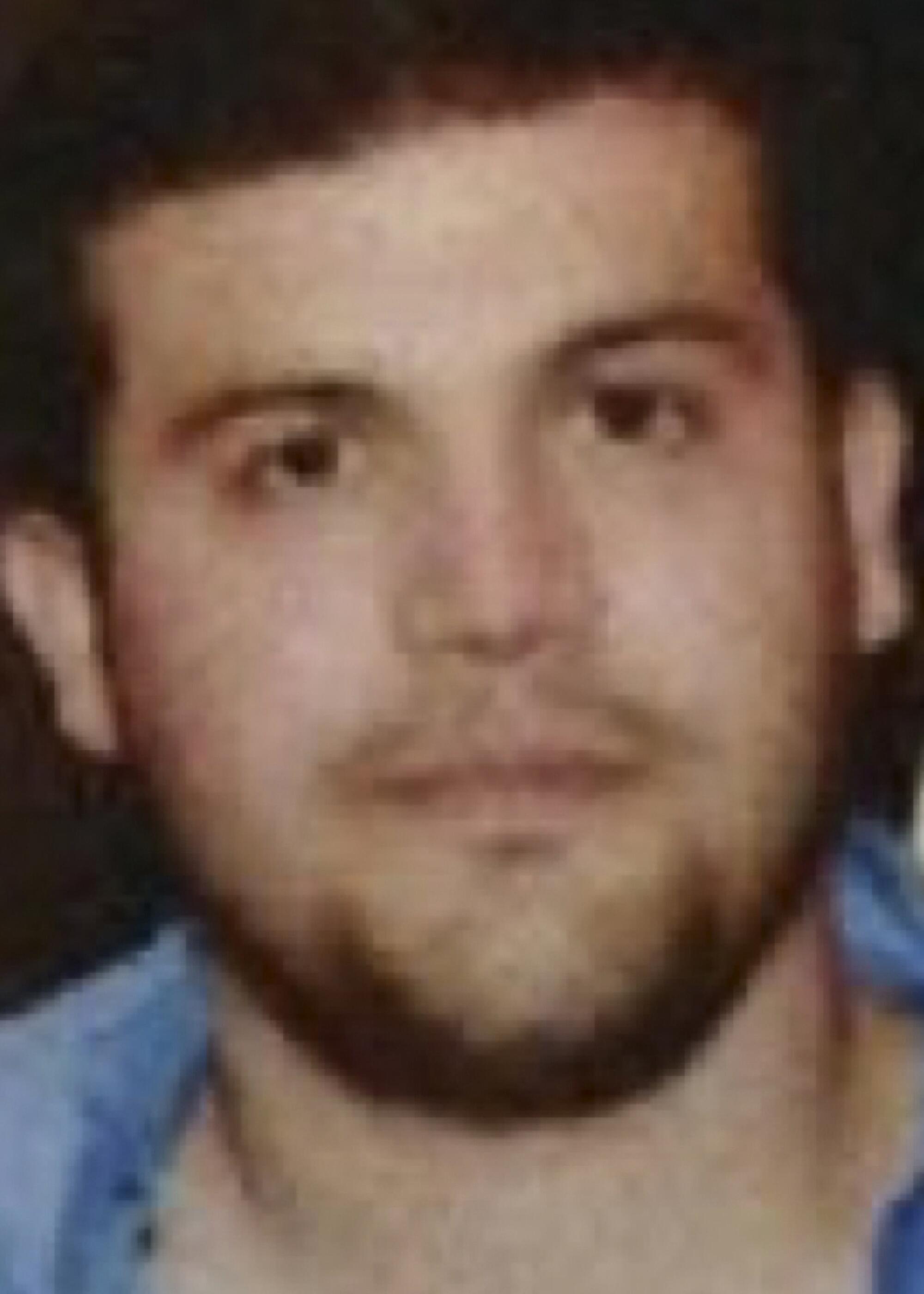
“If you can’t prove El Chapo’s son was a government agent, that’s not an act of the government,” said David Weinstein, a former federal narcotics prosecutor in Miami who now works as a defense attorney.
Another former federal prosecutor, Bonnie Klapper, who helped take down leaders of Colombia’s Norte del Valle cartel, agreed with Weinstein’s assessment, explaining that without proof of a U.S. plot to kidnap Zambada for an “extrajudicial rendition,” the case is likely to stand up in court under questions about whether Mexico’s extradition treaty with the U.S. was violated.
“You can challenge it, but you won’t win,” said Klapper, now a defense attorney whose clients have included accused drug traffickers.
Typically, when a fugitive wanted by the U.S. is arrested in Mexico, U.S. authorities must file an extradition request and comply with international treaties. Mexico has abolished the death penalty and does not allow people it extradites to be subject to capital punishment, including El Chapo.
Like Zambada, El Chapo was charged with running a “continuing criminal enterprise,” which can carry a death sentence. But because it seems Zambada was hand-delivered by another criminal — not extradited — the option to pursue the death penalty could give prosecutors added leverage over Zambada as the case proceeds.
The possibility that U.S. agents sanctioned a kidnapping and perhaps other crimes to finally catch Zambada has troubled some observers, but Guzmán López’s attorney himself explained how the game is played during his closing arguments at El Chapo’s trial in Brooklyn in 2019.
The attorney, Lichtman, who also represented El Chapo’s wife, Emma Coronel, in a 2021 plea agreement with U.S. authorities, argued that his client was really just a pawn for Zambada, someone put forward to soak up the limelight and take heat from authorities.
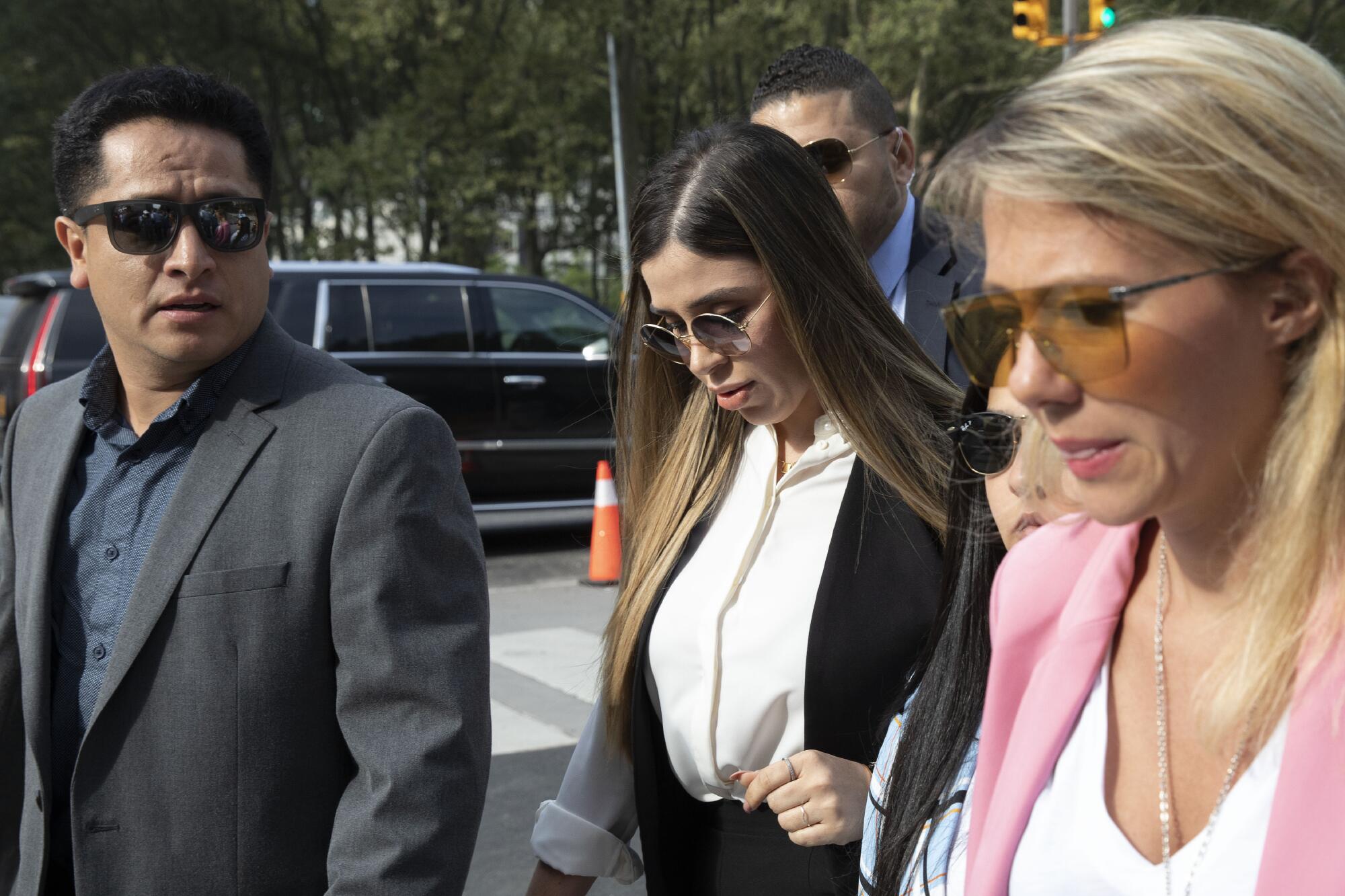
It was El Mayo, Lichtman argued, pulling the strings all along.
In the years-long effort to catch his client, Lichtman said, the government had crossed the line in the pursuit of justice.
“The ends do not justify the means,” Lichtman said. “They don’t. That’s not the country I want to live in, and I don’t think it’s the country you want to live in.”
More to Read
Sign up for This Evening's Big Stories
Catch up on the day with the 7 biggest L.A. Times stories in your inbox every weekday evening.
You may occasionally receive promotional content from the Los Angeles Times.
















